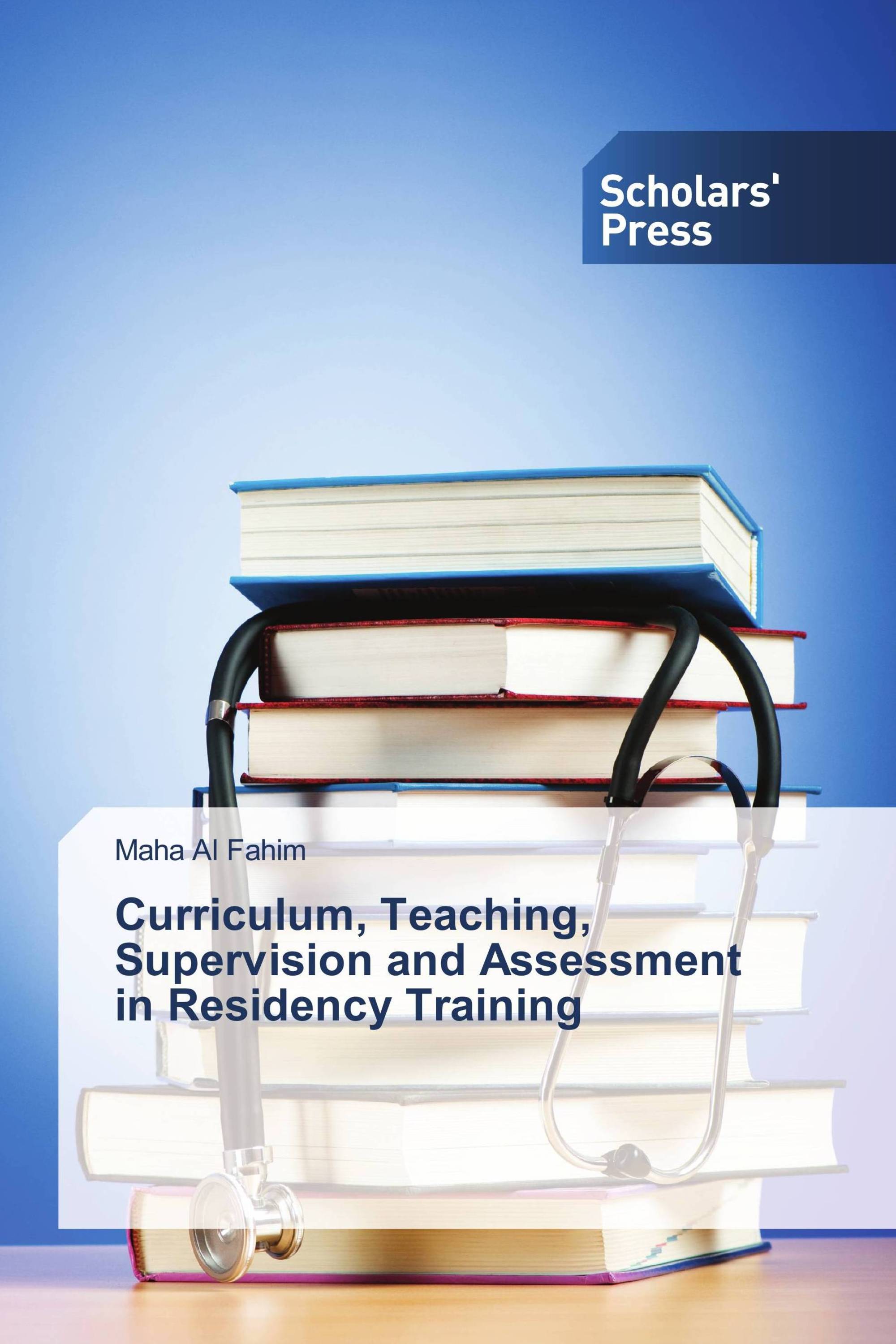Medical students and physicians in training are required to think on their feet and be able to apply information more than recall facts. Interactive lecturing is particularly important in medical education as it promotes active learning and student participation. Doctors are traditionally trained to treat patients but not to supervise, although they are frequently expected to do so and often find it challenging. Planning and developing a medical residency-training curriculum is a process that involves external and internal influences. Understanding these influences and their scope of involvement will help planners recognize the drivers and barriers of curriculum design. The first chapter discusses the internal and external influences on planning an education program. The second chapter discusses the challenges of large group teaching and the place of blended learning in health professions education. The third chapter offers a practical and informative guide to good clinical supervision. The final chapter discusses the essential role of assessment in medical education while critiquing various commonly used assessment methods including MCQs, OSCEs, portfolios and peer assessment.
Book Details: |
|
|
ISBN-13: |
978-3-639-85947-8 |
|
ISBN-10: |
3639859472 |
|
EAN: |
9783639859478 |
|
Book language: |
English |
|
By (author) : |
Maha Al Fahim |
|
Number of pages: |
64 |
|
Published on: |
2016-01-04 |
|
Category: |
Medicine |
